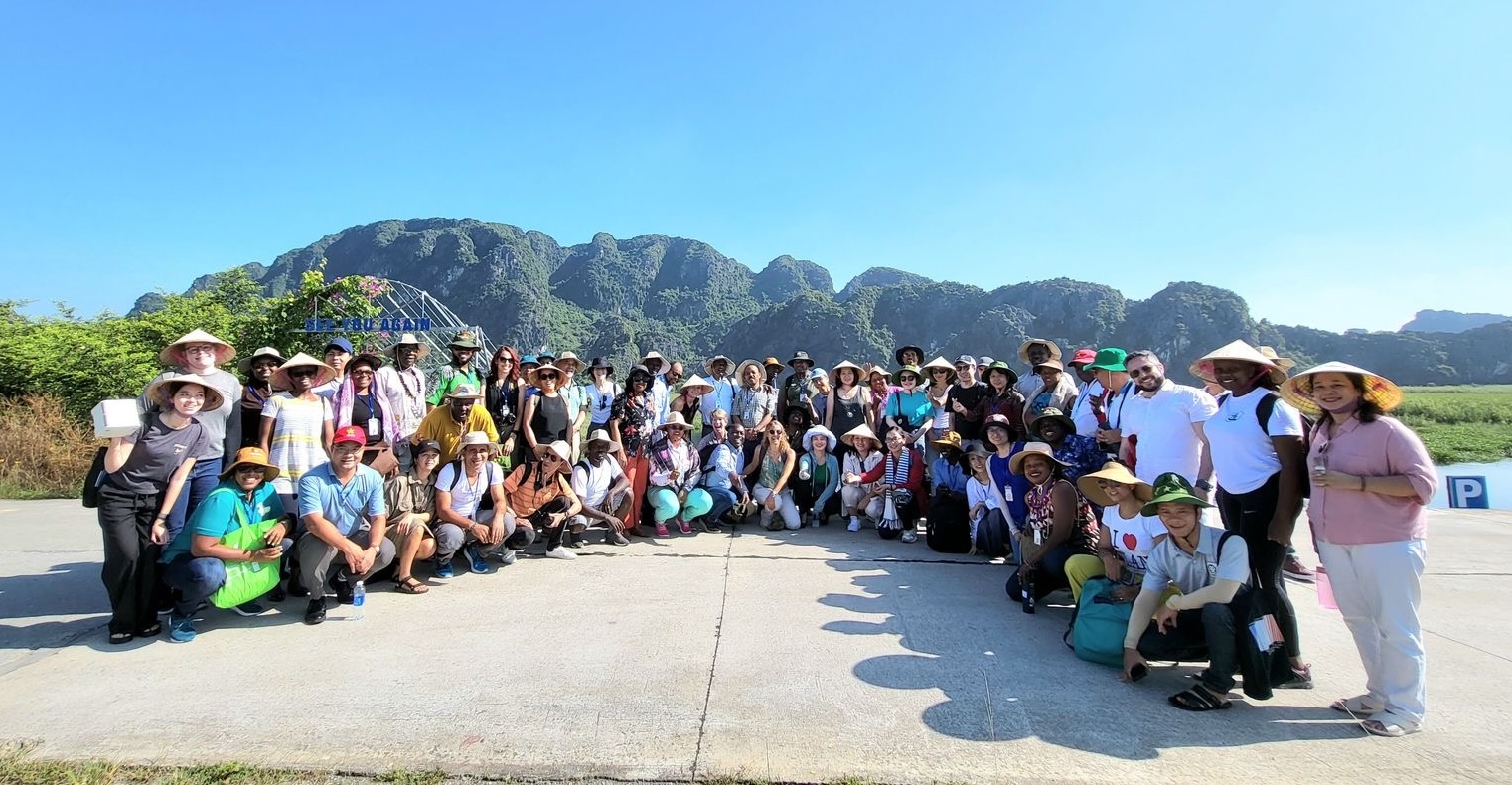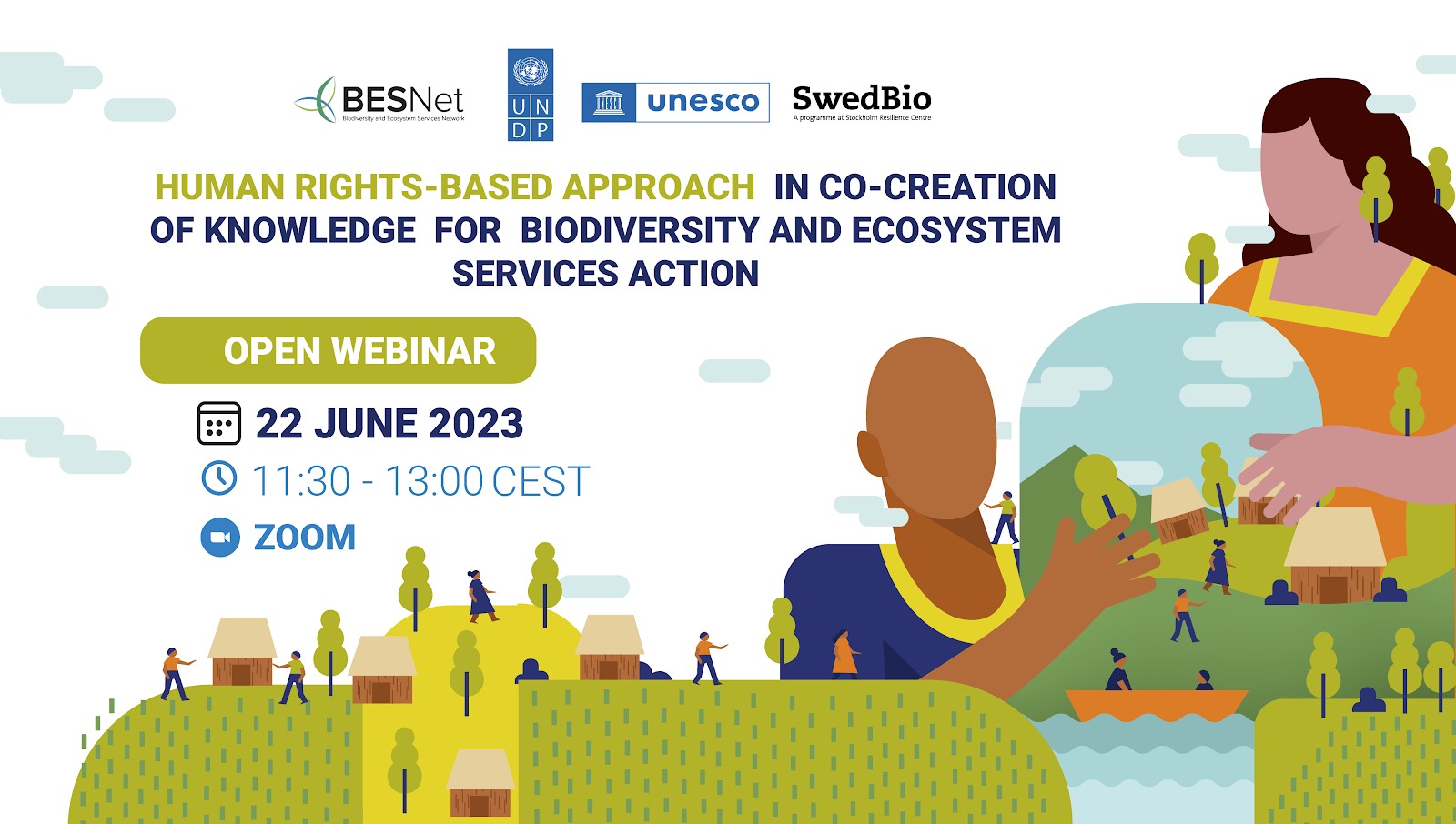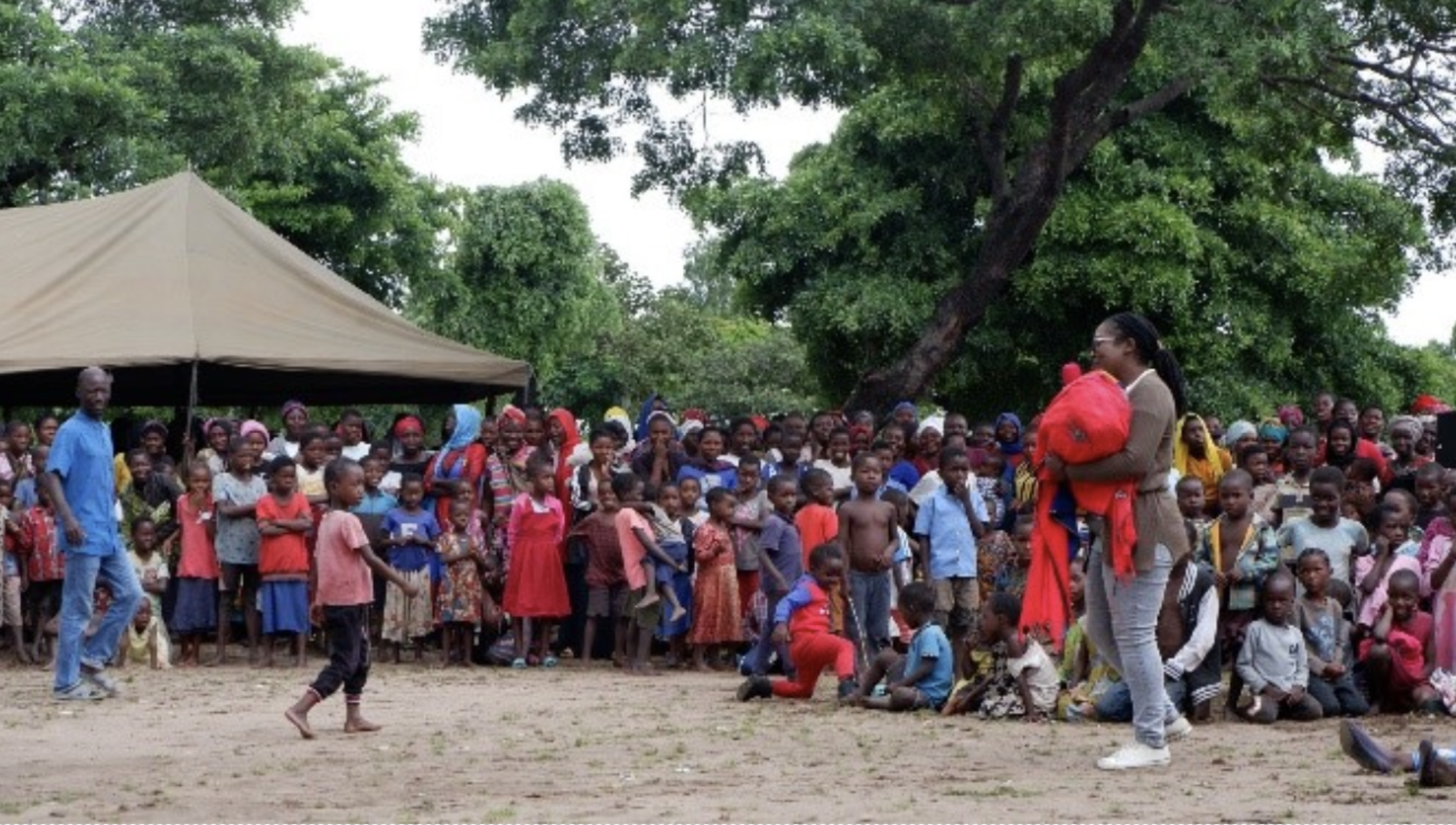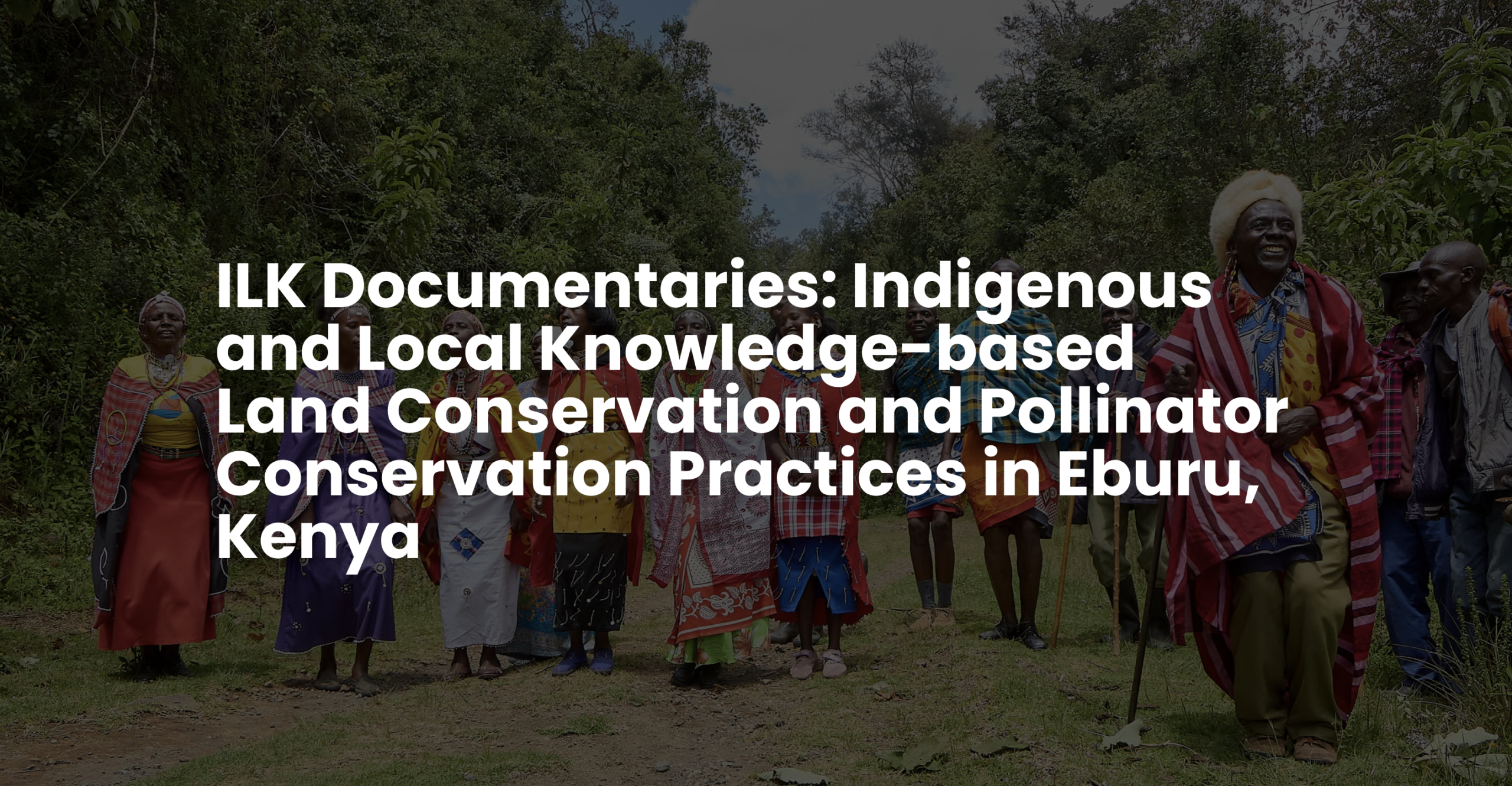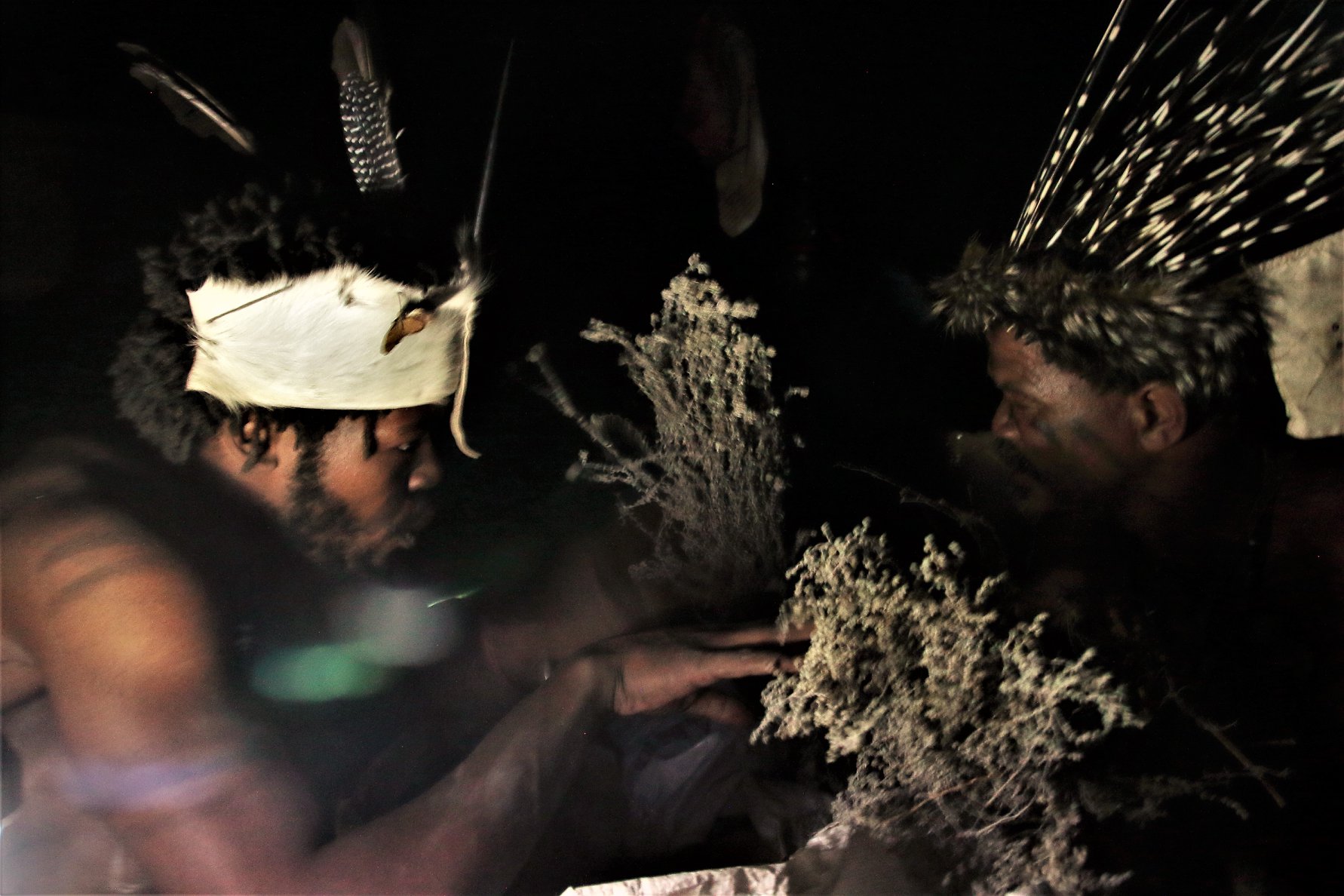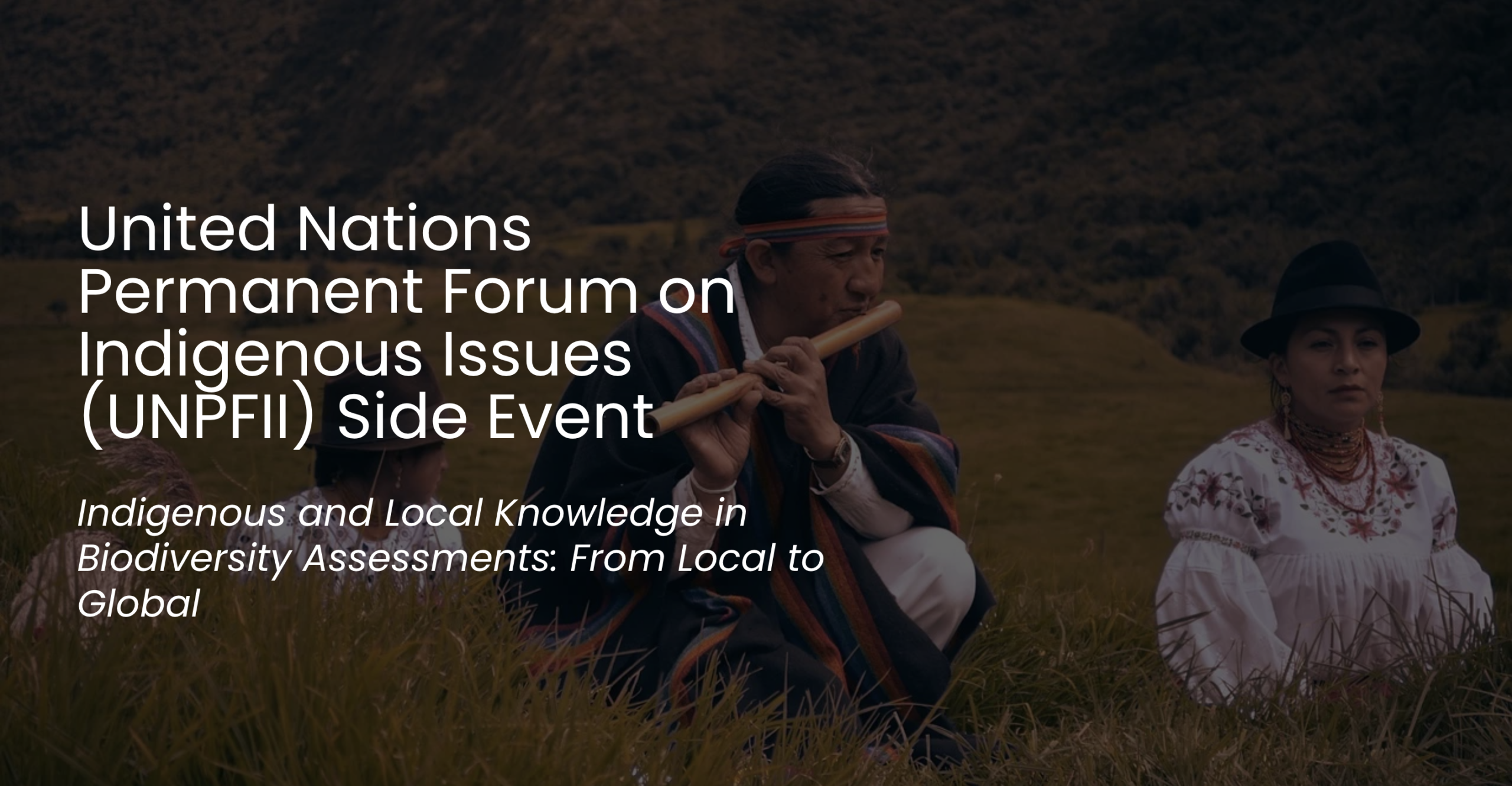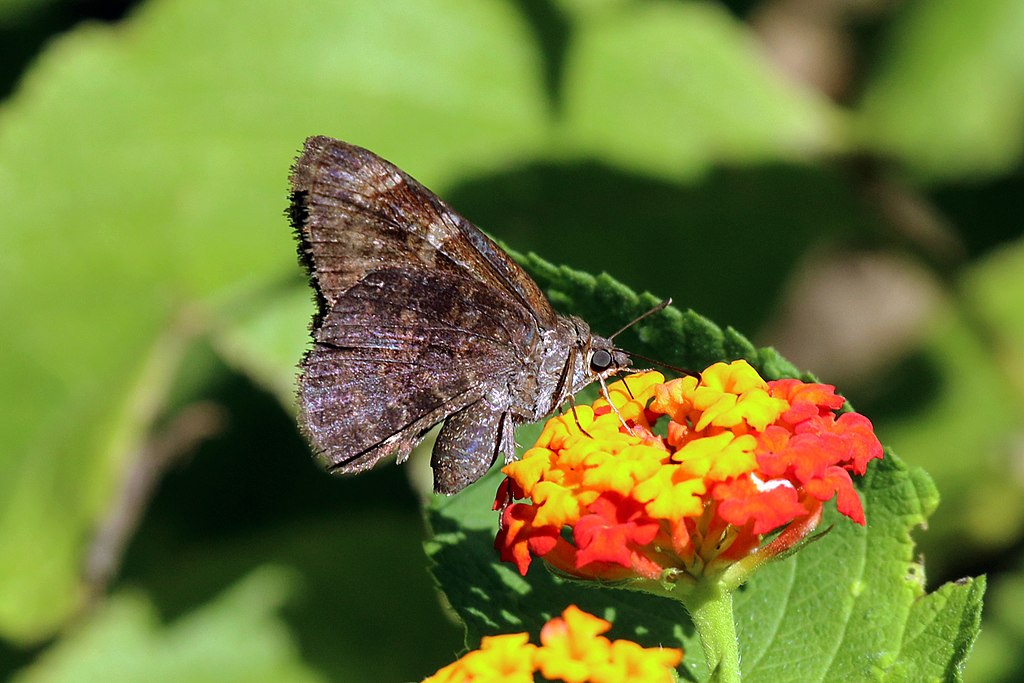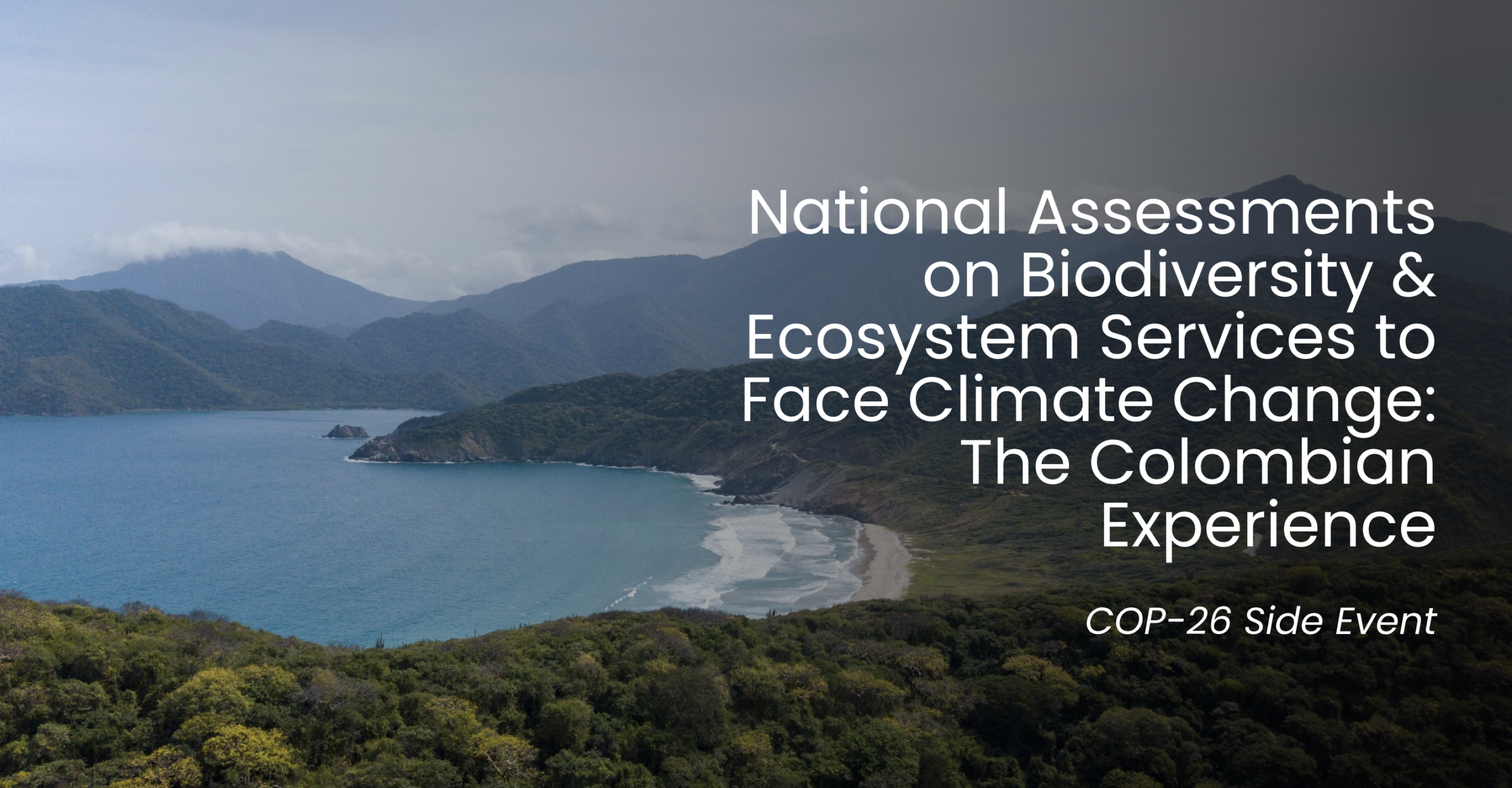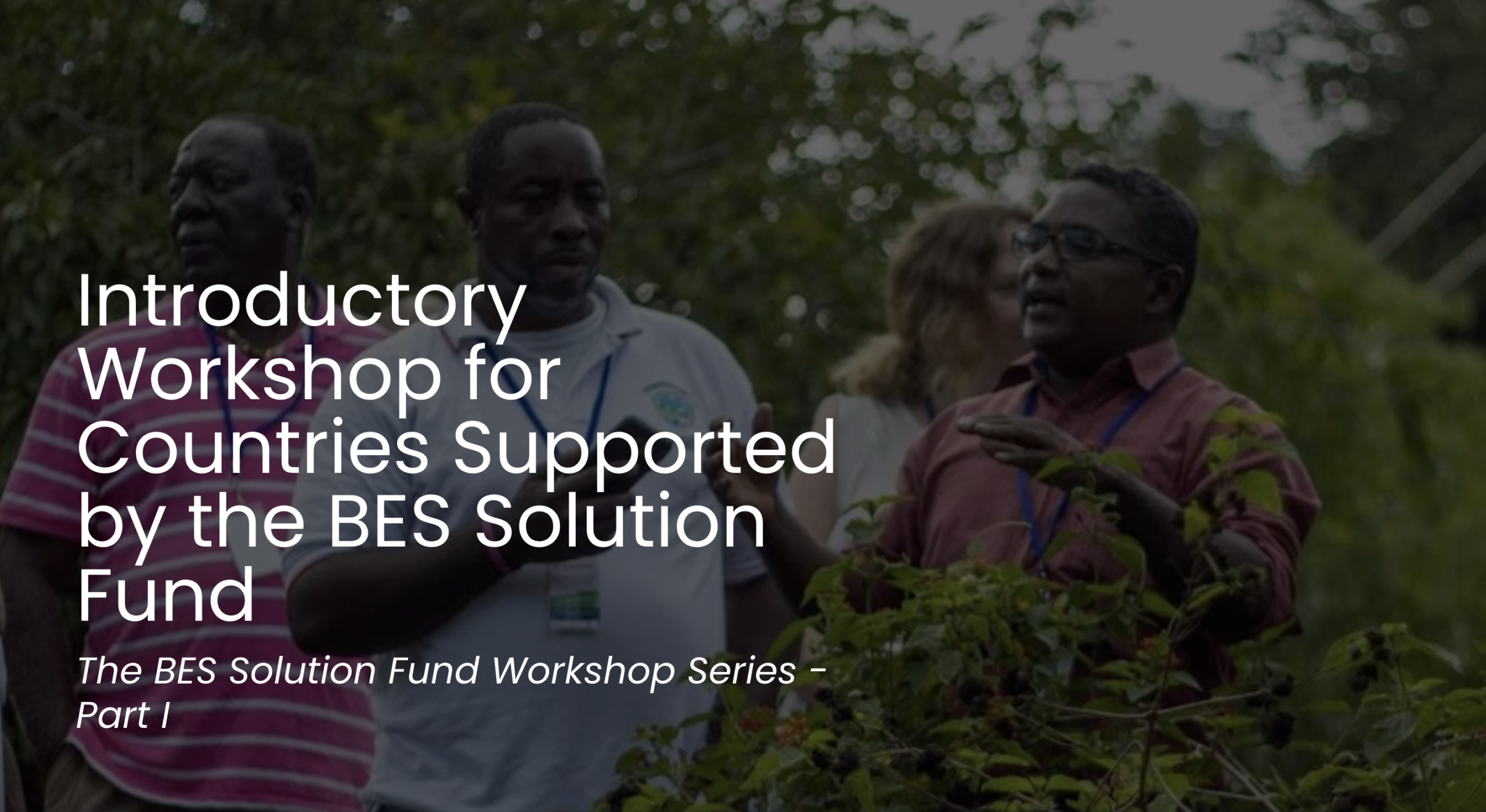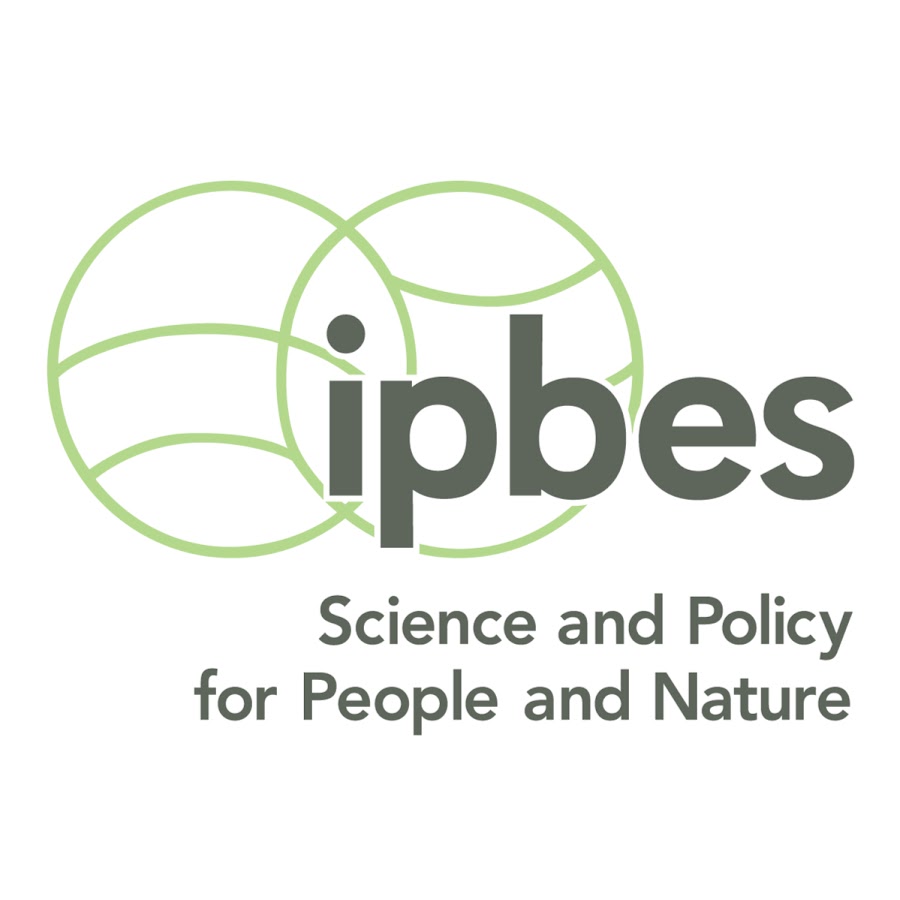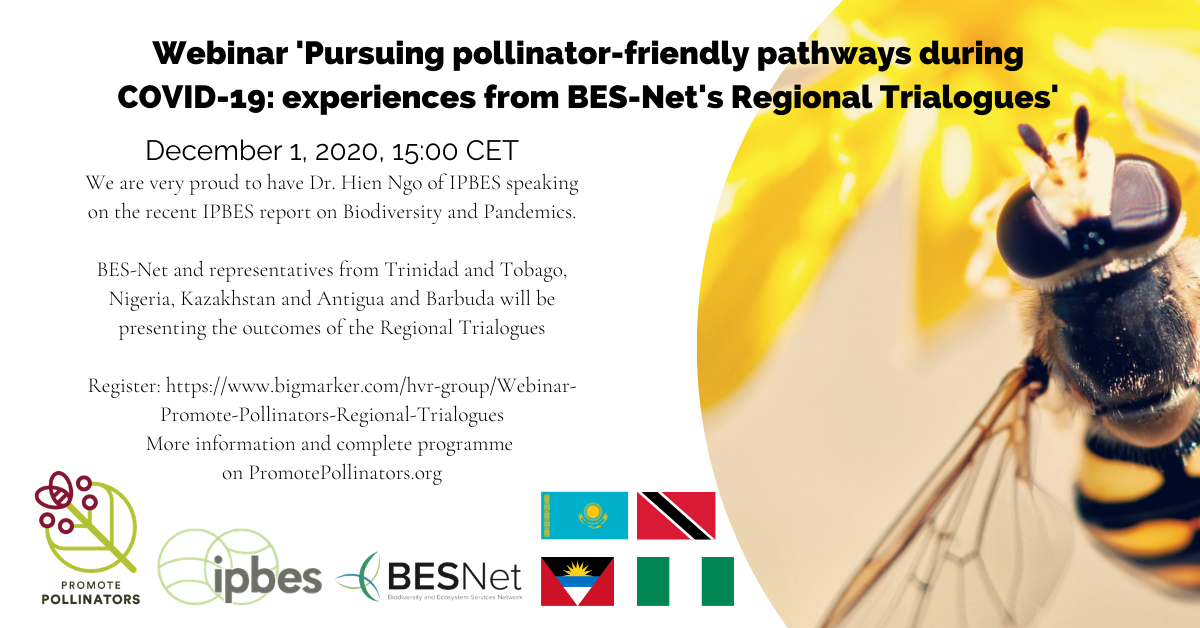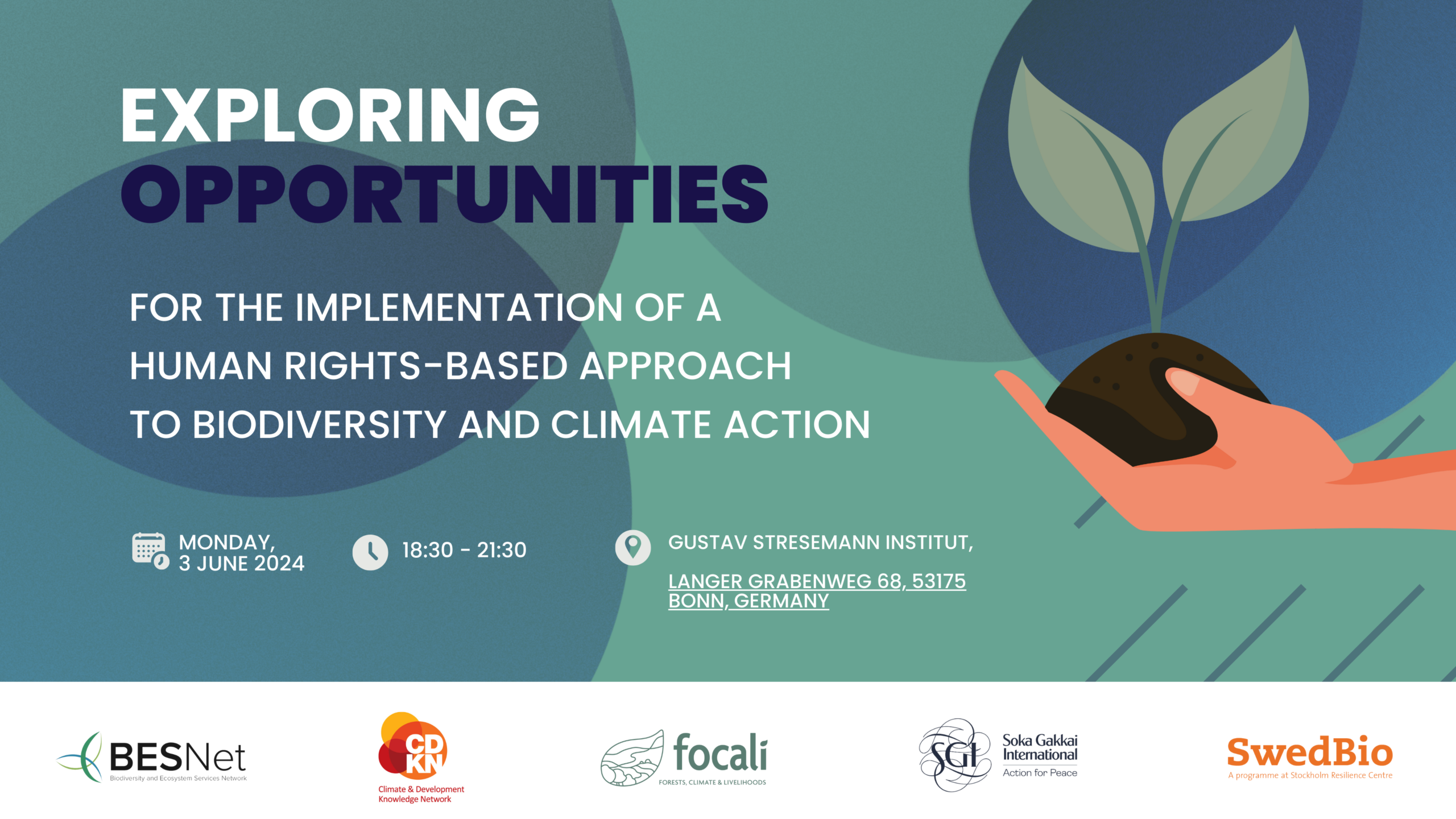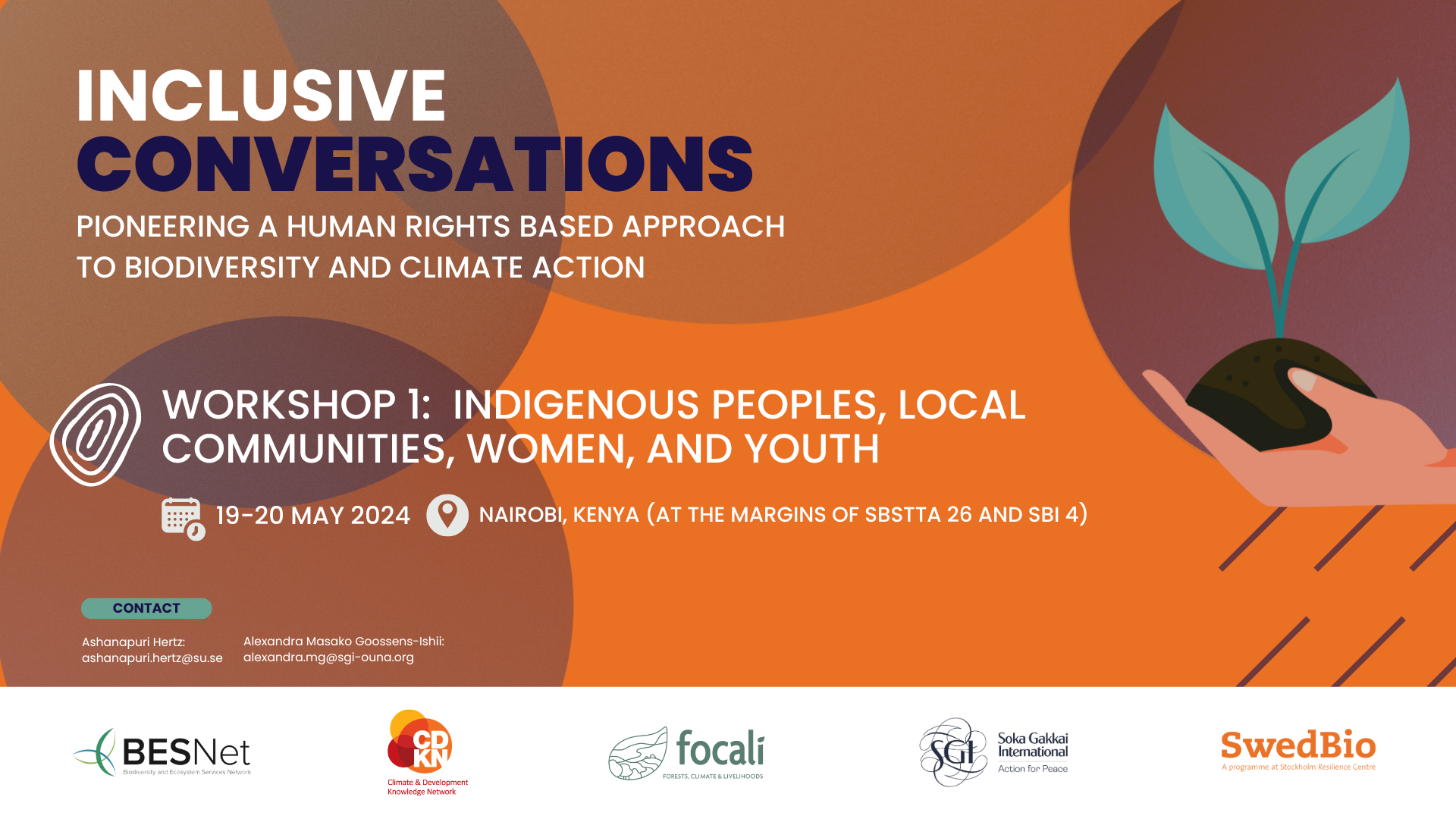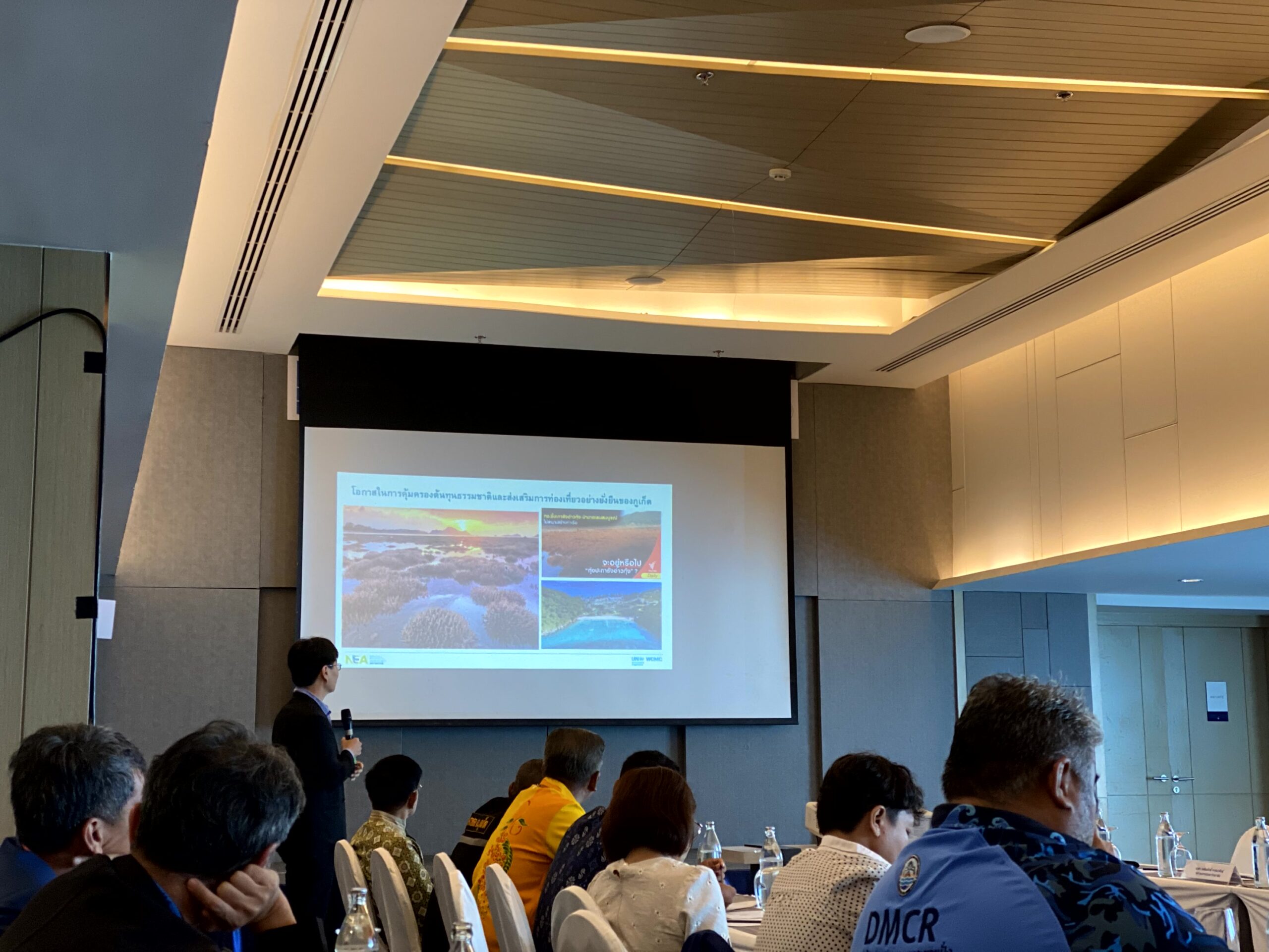How can Open Science better inform policy, monitor, predict & conserve biodiversity when data is constantly changing and compartmentalised?
We derive significant benefits from our natural environment but struggle to protect it effectively. Biodiversity, which is both vast and interconnected, transcends political boundaries and operates on scales from molecular to global. To effectively inform policy, monitor, predict, and conserve biodiversity, comprehensive data on species distributions, population sizes, ecological interactions, environmental impact, traits, genetics, and phylogeny are crucial. However, these data are not static; what was current last year may now be outdated. Sustainable biodiversity management and exploitation are hindered when data are segregated into silos defined by taxonomy, geography, industry, or discipline. This talk advocates for Open Science as the key solution to these multifaceted challenges.
Speaker
Quentin Groom’s focus is on biodiversity informatics and invasive biology, using data science methods to explore hidden patterns within data. His current work revolves around applying information technology to share scientific information, especially in the areas of invasive species, taxonomy, and citizen science. Engaged in various projects including B³ – Biodiversity Building Blocks for Policy, BiCIKL, TETTRIs, and GUARDEN, he contributes to efforts to understand and preserve biodiversity. With skills in Biodiversity Informatics, and an understanding of botany, taxonomy and biology, he navigates through the complexities of ecology, species interactions, and plant diversity.
His ORCID Identifier is 0000-0002-0596-5376.




